What to Expect in Dementia: The Impact on All 5 Senses
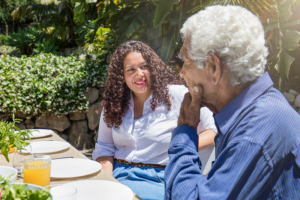
Knowing what to expect in dementia and the changes to each of the five senses will help you make life the best it can be for someone you love.
When we think about what to expect in dementia, the first thing that typically springs to mind is the loss of memory. Cognitive decline is a hallmark effect of Alzheimer’s disease and other forms of dementia, but there are so many other areas of life that are impacted as well. As a matter of fact, each of the five senses can be altered in many ways that are important to understand.
What Sensory Changes Are Typical in Dementia?
Following are some of the changes you might notice in a loved one with dementia:
- Taste and Smell: These senses are often the first to change. The decline in the ability to taste and smell could lead the person to eat food that has spoiled, drink a cleaning fluid or some other toxic substance, and remain unaware if something is burning on the stove or in the home. Lock cleaning supplies as well as other hazardous materials safely away, check the individual’s food supply routinely to ensure food is fresh, and make sure smoke detectors are operational throughout the home.
- Hearing: Although the person might be able to hear just fine, auditory processing changes may make it hard to understand what’s being said. It also may cause anxiety when there are loud background noises and distractions in the environment. Speak slowly and clearly, using short, one-thought statements, and use pictures along with other visuals as needed for more effective communication.
- Vision: The brain’s ability to interpret what the individual is seeing can cause confusion. It may also lead to an elevated likelihood of falling, as patterns on the floor, shadows, and lighting could be recognized incorrectly as three-dimensional objects. Depth perception is oftentimes also impacted. As much as possible, use contrasting colors to lessen these effects.
- Touch: The individual may lose the ability to detect cold and hot, putting them at an increased risk for burns along with other injuries. Safety-proof the stove, decrease the hot water heater temperature, and ensure the individual is dressed appropriately for the air temperature, both in the home and outdoors.
An in-home caregiver is the perfect addition to the care plan of someone with dementia. Our trained and experienced professionals can reduce safety hazards while improving total wellbeing. We are able to help effectively manage and defuse the many intricate and challenging effects of dementia, including:
- Wandering
- Agitation
- Aggression
- Confusion
- Hallucinations
- Repetitive behaviors
- Anxiety and fear
- Restlessness
- Sundowning
- And far more
Contact us at 954-486-6440 for a no-cost in-home consultation for more information on our specialized dementia care in Pompano Beach, Coconut Creek, Coral Springs, and also the surrounding areas and how we are able to make life the very best it can be every day for someone you love.





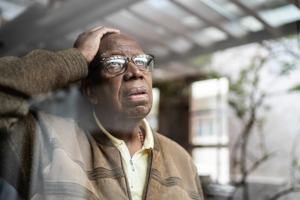
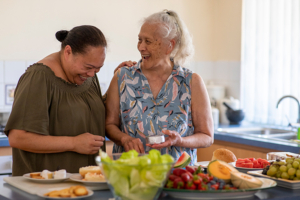

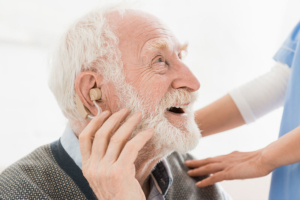

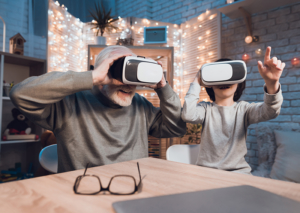 Picture for a second how it could feel to struggle with the cognitive obstacles of Alzheimer’s disease. The people who are closest to you are no longer familiar. The words that would roll off your tongue without a second thought are now just beyond your grasp. In fact, the whole world as you once knew it has turned completely upside down, leaving you yearning for a recognizable foothold.
Picture for a second how it could feel to struggle with the cognitive obstacles of Alzheimer’s disease. The people who are closest to you are no longer familiar. The words that would roll off your tongue without a second thought are now just beyond your grasp. In fact, the whole world as you once knew it has turned completely upside down, leaving you yearning for a recognizable foothold.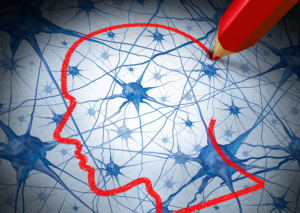 If there is one constant thing in the race to solve the puzzle of Alzheimer’s, it is change. It appears as though any time researchers start to get a grasp on one piece of information, new information shifts their hypotheses in an alternative direction. That is most certainly the situation with the amazing new developments in
If there is one constant thing in the race to solve the puzzle of Alzheimer’s, it is change. It appears as though any time researchers start to get a grasp on one piece of information, new information shifts their hypotheses in an alternative direction. That is most certainly the situation with the amazing new developments in